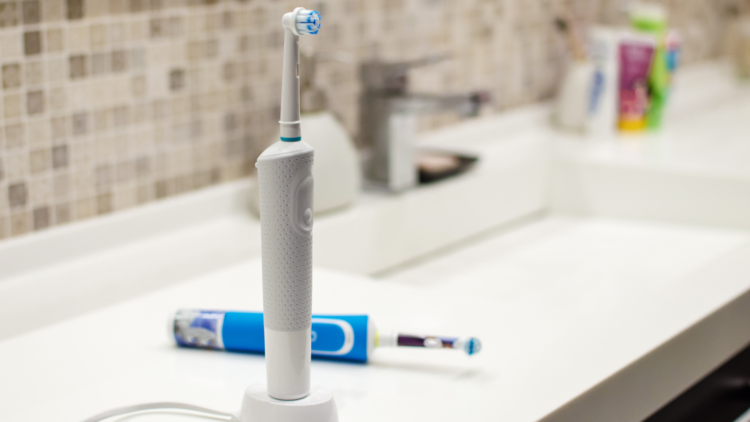Dental care instructions
A healthy mouth is an important part of overall health. Oral problems also affect many common diseases. For the most part, oral diseases are self-preventable.

Children’s dental care
During childhood, conditions are created for maintaining oral health, where healthy eating habits and adequate oral hygiene are paramount. A good example from parents is the best way to learn them.
It is the responsibility of parents to ensure that their child’s teeth are cleaned twice a day with fluoride toothpaste. A primary school pupil still needs the help of parents in brushing or at least checking the brushing result.
Oral health is managed through a healthy lifestyle
A prerequisite for good dental health is self-care, which means caring for one’s own oral health. This should be done daily, regularly and appropriately. Factors for maintaining and promoting oral health are easy to implement: good oral hygiene, healthy eating practices and habits, use of fluoride and xylitol, regular oral and dental check-ups, and early treatment.
Your own practices and habits can strengthen and maintain oral health, but they can also cause oral disease in a short period of time. Many of the dangers to dental health can be related to tooth decay, age, life situations, illness, medication use, habits, or hobbies.
- brush your teeth with fluoride toothpaste twice a day and clean your interdental spaces daily
- have a healthy, regular and varied diet and eating habits
- avoiding snacking (eating up to 5-6 times a day)
- minimise the use of sugar and acidic products
- use xylitol chewing gum or a pastille after each meal
- drink water as a thirst quencher